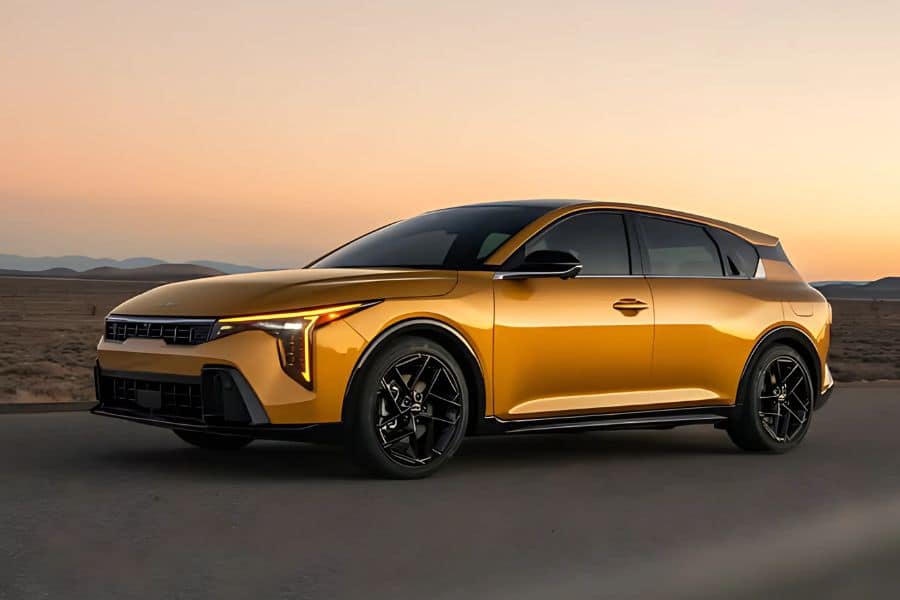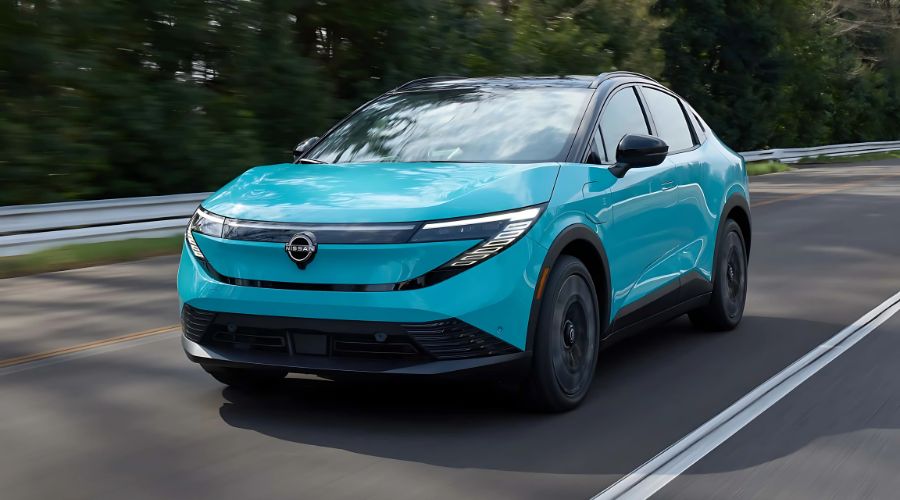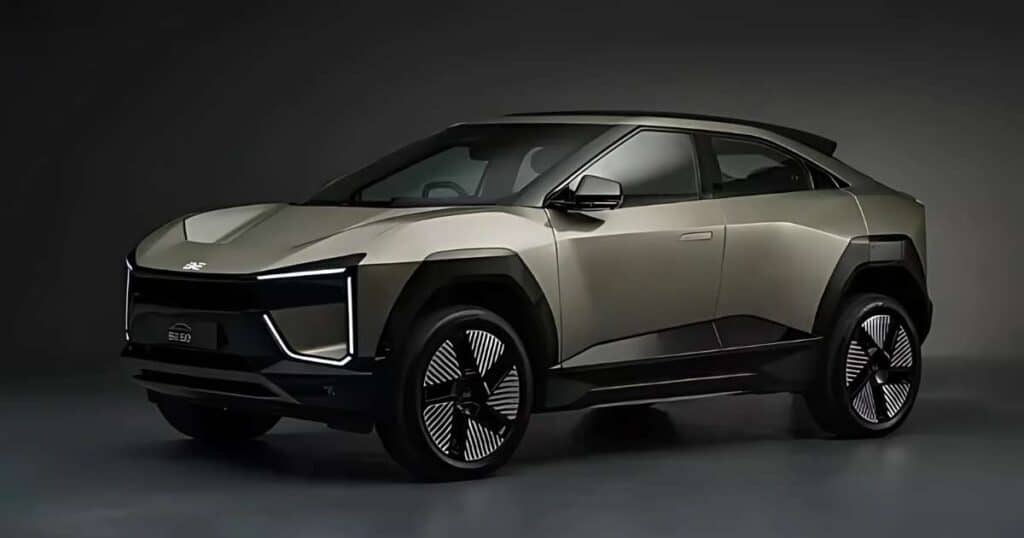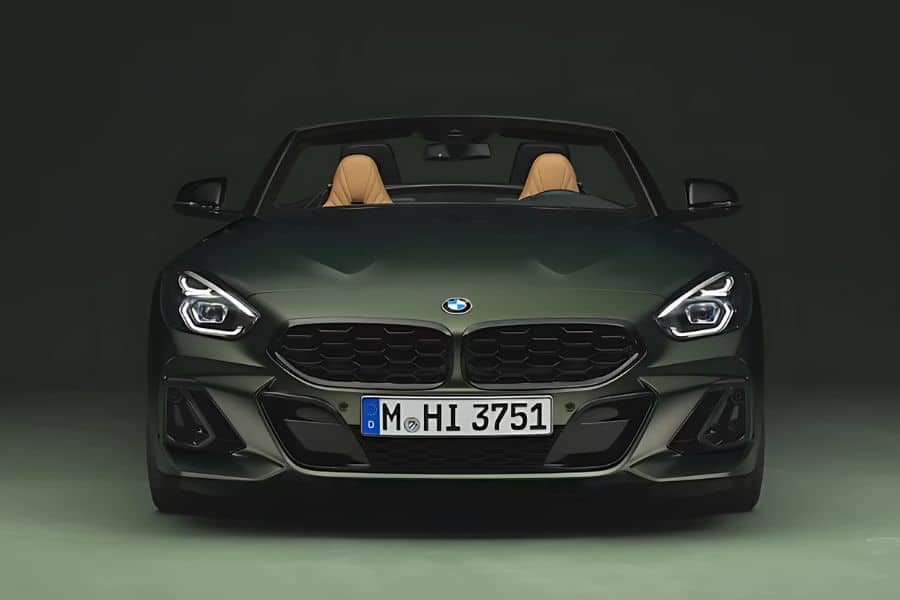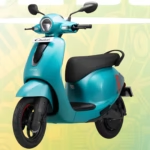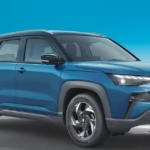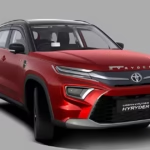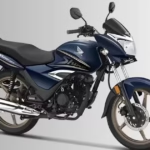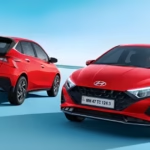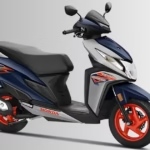Nissan New Hybrid Tech Powertrain Offers EV-Like Efficiency—But Why Is It So Expensive?
As the global automotive industry shifts toward greener alternatives, Nissan has introduced its e-Power hybrid technology—a unique system that promises the efficiency and driving experience of an electric vehicle (EV) without the need for external charging. While this innovation is set to launch in North America, Indian consumers are eager to know: Will Nissan bring this technology to India, and at what cost?
Also Read: 2026 Nissan Micra EV: A Stylish, and Pure Electric Hatchback
What is the Nissan e-Power Hybrid System?
Unlike conventional hybrid systems that primarily assist the internal combustion engine (ICE), Nissan’s e-Power technology operates differently. The petrol engine in e-Power vehicles functions exclusively as a generator, supplying power to the battery, which in turn drives the wheels using an electric motor. This approach offers a seamless EV-like driving experience with lower emissions and improved fuel efficiency.
- Integrated 5-in-1 System: Combines the electric motor, inverter, generator, reducer, and increase module into a single unit, reducing weight and optimizing performance.
- Superior Efficiency: Provides higher fuel economy and minimal vibrations compared to traditional hybrid vehicles.
- EV-Like Driving: Instant torque delivery ensures a smooth and quiet ride.

Also Read: Nissan Magnite CNG Launched at Rs 6.89 lakh
Will Nissan Introduce e-Power in India?
Nissan Motor India recently teased its upcoming models, including a compact SUV and a seven-seater MPV, scheduled for launch in 2025 and early 2026, respectively. Despite Nissan’s ambition to expand its lineup in India, there is no official confirmation that the e-Power system will feature in these new models.
Challenges for e-Power in India:
- Higher Cost: Nissan originally aimed to price its e-Power vehicles competitively with petrol-powered models, but rising material costs have forced a price increase.
- Market Readiness: Indian consumers are still adapting to hybrid and EV technology, and cost-sensitive buyers may hesitate to invest in premium hybrid models.
- Government Policies & Incentives: India’s push for EV adoption might favor fully electric vehicles over hybrids, impacting Nissan’s decision.
Also Read: Nissan X-Trail SUV Launched At Rs 49.92 Lakh
While Nissan’s e-Power technology offers a promising alternative to traditional hybrids, its higher price and uncertain market demand raise questions about its viability in India. Unless Nissan sees a shift in consumer interest and affordability, Indian buyers may have to wait longer before experiencing this innovative powertrain.




